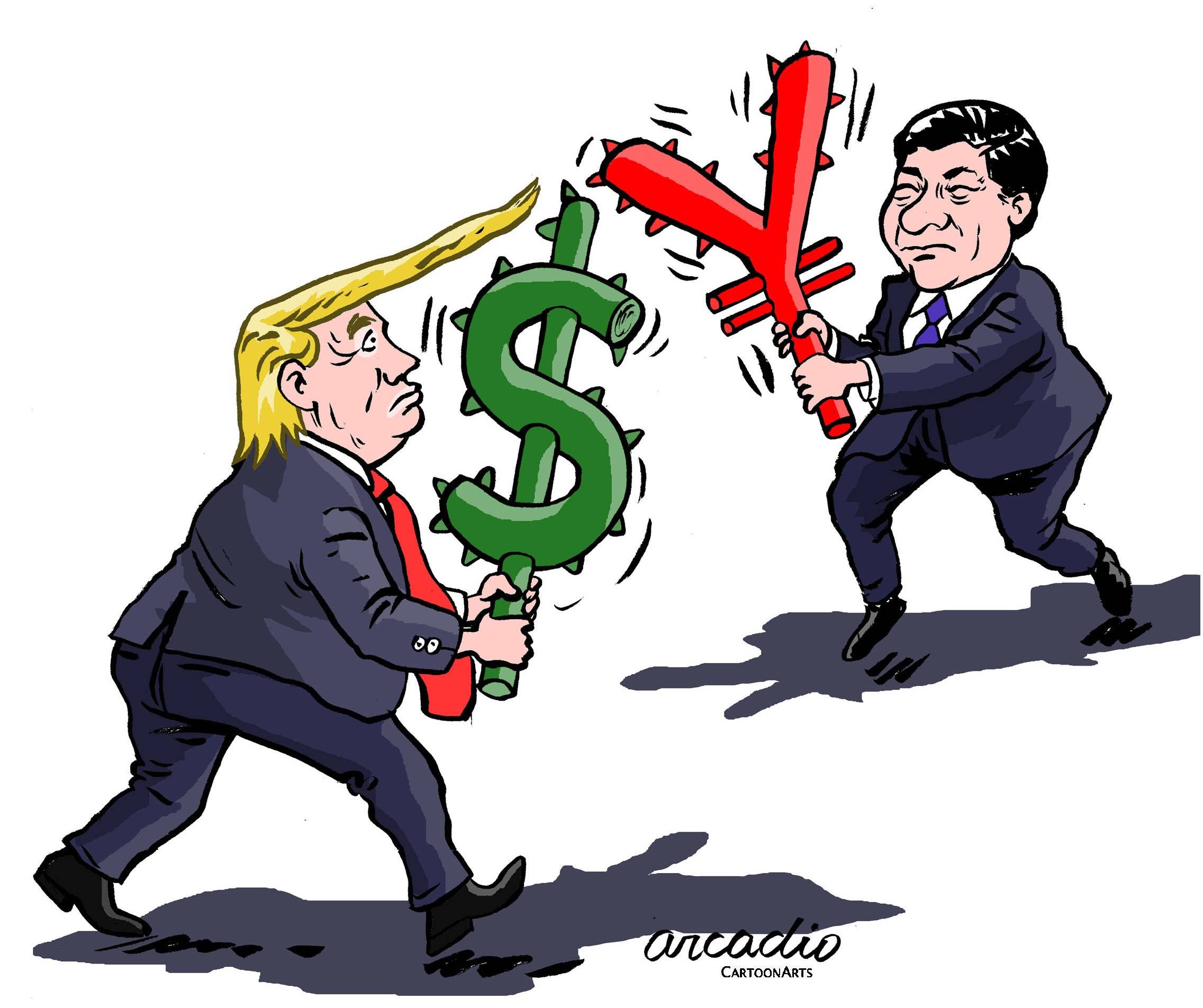The confrontation between the United States and China seems to be growing increasingly severe. Secretary of State Mike Pompeo, effectively the No. 2 man in the U.S. government, has bitterly criticized President Xi Jinping by name and made it clear that Washington will alter its policy toward Beijing. In July, Pompeo said that the U.S. rejects China's maritime claims in the South China Sea, a departure from its earlier position that territorial disputes in the region should be resolved by the countries involved.
Earlier this month, the U.S. dispatched the highest-ranking official to Taiwan since it severed diplomatic ties in 1979. President Donald Trump, formally nominated as the Republican candidate for the November election, promised in his re-election campaign pledges to win back U.S. jobs from China and get Beijing to pay the price for spreading COVID-19 worldwide. Naturally, the Chinese government spokesperson has reacted strongly. But China is diplomatically smart — President Xi and Premier Li Keqiang have both remained silent. Beijing knows that exchanges of abusive language between top leaders will only make future negotiations more difficult.
Recent moves on the part of the U.S. may lead people to think that the U.S.-China confrontation has entered a new stage — that a new cold war has finally begun. But is this really going to lead to a difficult era like the Cold War between the U.S. and the Soviet Union? A closer look at U.S.-China relations will show that unlike the U.S.-Soviet standoff of the 20th century, several complicated elements are involved in Sino-American ties. The U.S.-China confrontation is indeed quite different from the Cold War between Washington and Moscow in several aspects.
















With your current subscription plan you can comment on stories. However, before writing your first comment, please create a display name in the Profile section of your subscriber account page.